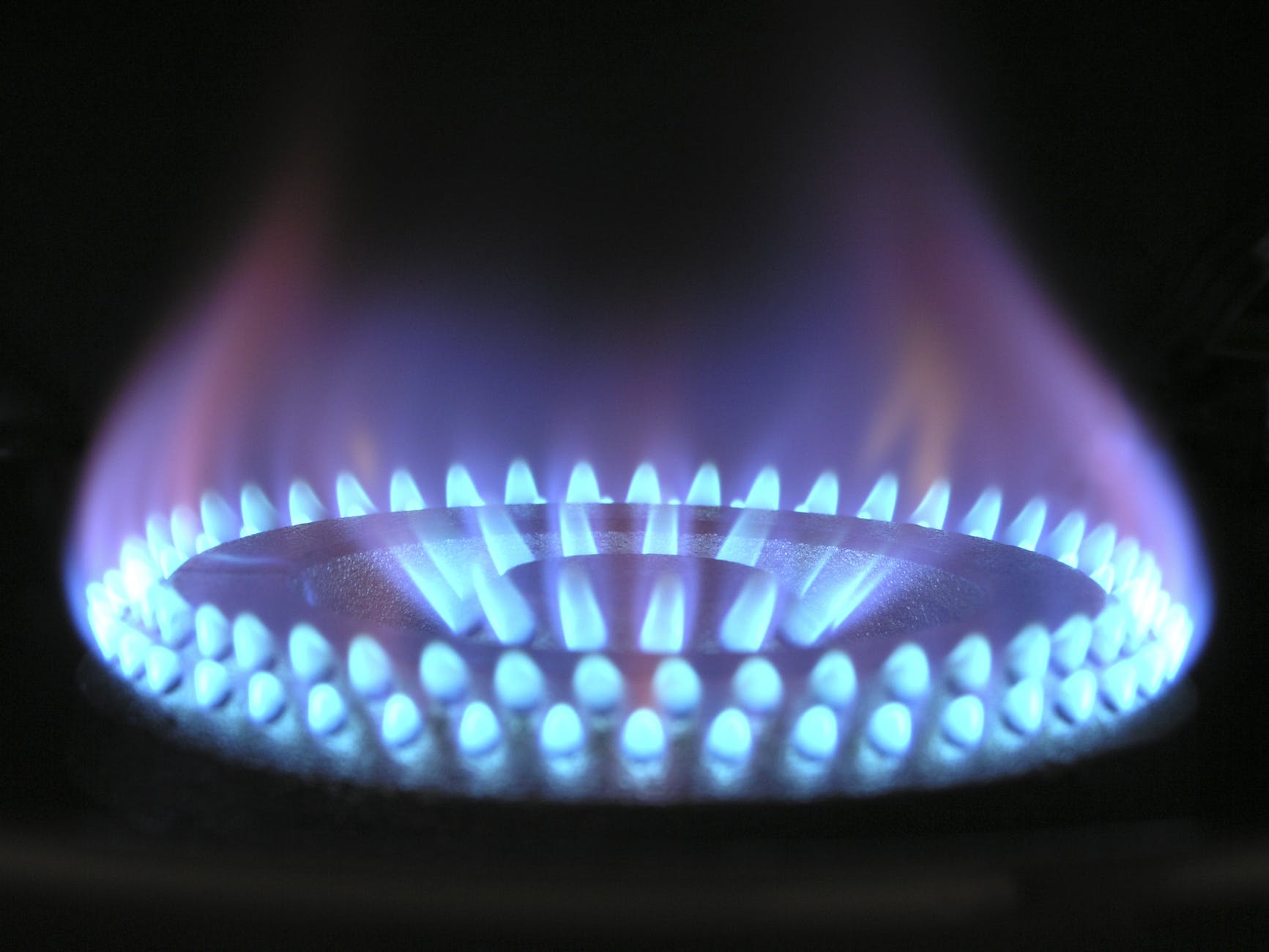BC Hydro says gas misconceptions are fueling carbon footprints at home.
This, in a new report from BC Hydro which says that BCers prefer natural gas appliances over electric options, despite 42 per cent of residents saying they’re concerned about their household’s carbon footprint.
BC Hydro spokesperson Kyle Donaldson says a quarter of households have at least one natural gas appliance and their popularity is rising.
Their report says people generally believe that gas appliances are more effective than electric ones, and that they have an allegiance to them.
“Forty-six per cent of British Columbians said they prefer using a gas stove over electric, and of those most prefer gas because they say it is more responsive (69 per cent), cooks more evenly (68 per cent), or cooks faster (65 per cent),” says the report.
“Similarly, 56 per cent of British Columbians said they prefer a gas fireplace over electric, and of those most said it heats better (54 per cent), and over half said it is easier to adjust, or that they like the real flame (73 per cent).”
They combat the notion that electric appliances are less effective, saying, “In most cases, electric stoves are cheaper than their gas counterparts, outperform gas stoves and are easier to clean. In fact, electric convection ovens heat up quicker and distribute heat more evenly than gas, resulting in reduced cook times and less fuss.”
In terms of the climate, their data shows that natural gas appliances contribute half a ton per year to the carbon footprint of a home – which is equivalent to driving a gas car over 2,000 kilometers.
They also quoted a recent study from Stanford Woods Institute for the Environment, which says natural gas appliances in US homes have the same climate impact as 500,000 gasoline powered cars.
The suggestion from BC Hydro is choosing an electric stove or fireplace over gas as one of the best ways to reduce your footprint, as 98 per cent of BC Hydro’s electricity is from a clean or renewable resource.




